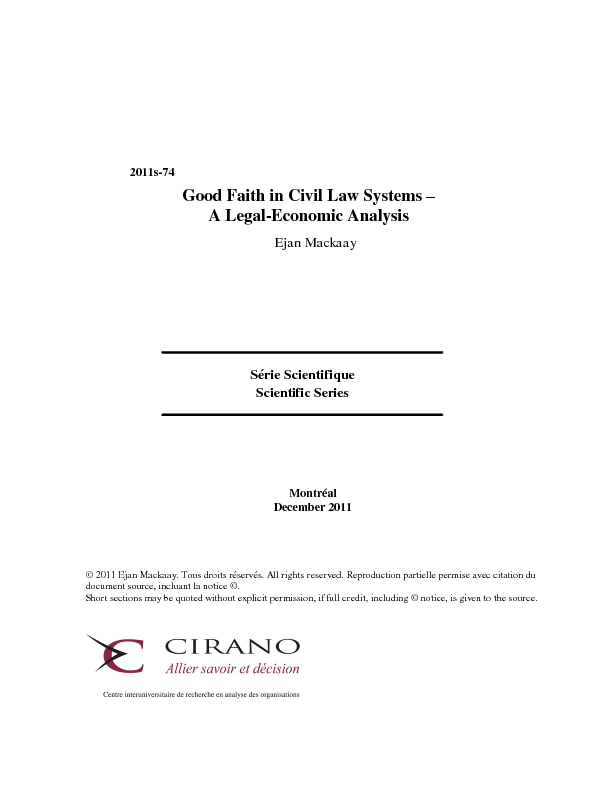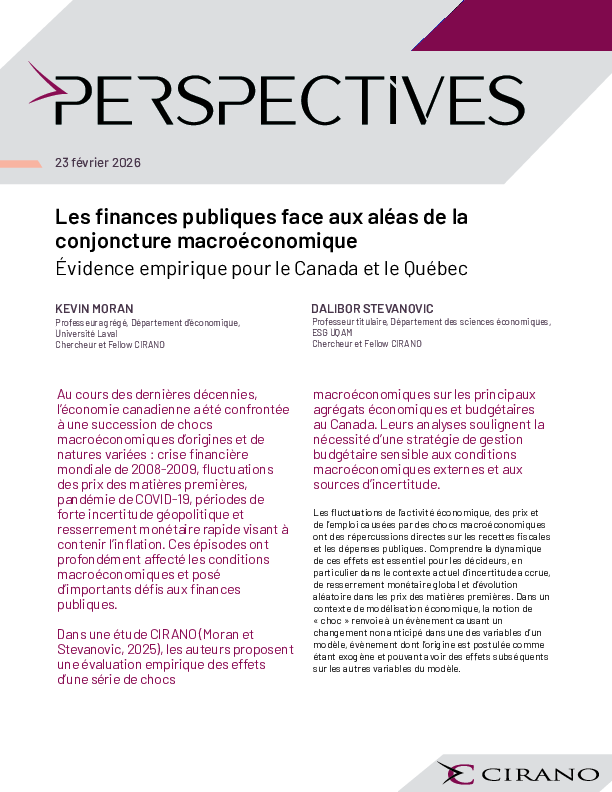Good Faith in Civil Law Systems – A Legal-Economic Analysis
Good faith appears at once as a fundamental concept in all civil law systems, with a long history going back to Roman law, and yet as one whose nature and contents are ill-understood and controversial. The paper is an attempt to find out what new light the economic analysis of law can shed on it to help to clarify it. Good faith is used in two distinct senses, which traditional legal scholarship has identified as subjective and objective. In its subjective sense, good faith as justifiable ignorance of a relevant legal situation refers to having taken adequate precautions against such ignorance, the adequacy being a function of what is at stake and the likelihood of misapprehension. This is reminiscent of the logic of accident and accident prevention law developed in the economic analysis of tort or civil liability law. In the objective sense of not taking advantage, good faith is analysed as the exact opposite of opportunism. On opportunism there is a reasonably well-developed economic literature. Reciprocal gain, the founding concept of contract and of extensions such as the law of business enterprise, presupposes the absence of opportunism. Good faith in this sense may be said to underlie all of contract law. Yet human nature being what it is, individuals may be tempted by opportunistic acts and their potential victims are led to take costly precautions to guard against it. Law can make itself useful by providing safeguards against opportunism that are less costly than what contracting parties themselves can come up with. Together, these safeguards have to be as wide-ranging as is opportunism itself, yet individually they have to be specific enough to ensure legal certainty. Good faith itself remains as a residual concept, to be applied sparingly, with which to tackle situations on which the specific concepts provide no proper grip. Yet at the same time good faith, being the quintessential anti-opportunism concept, underlies the more specific concepts one finds in the Codes and allows one to see their unity. On a different level, an understanding of opportunism focuses attention on acts and facts that may be relevant in concrete novel situations to be judged by a court, where opportunism may be an issue. Economic analysis of law allows one to make sense of good faith in a meaningful way.
[ - ]




